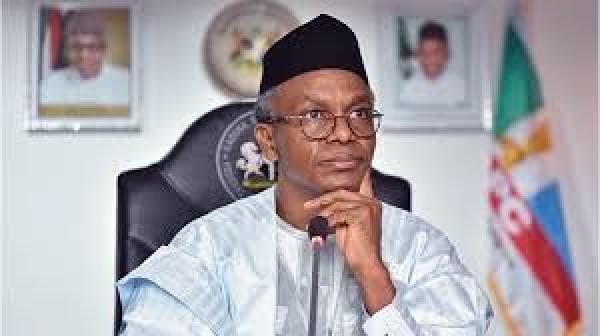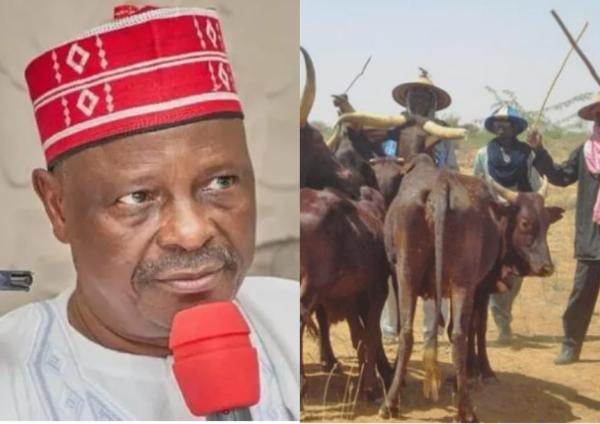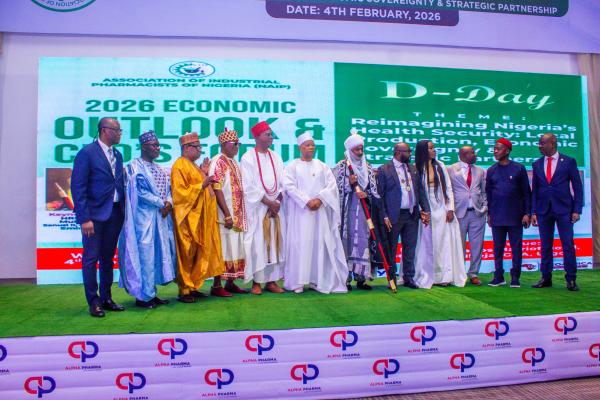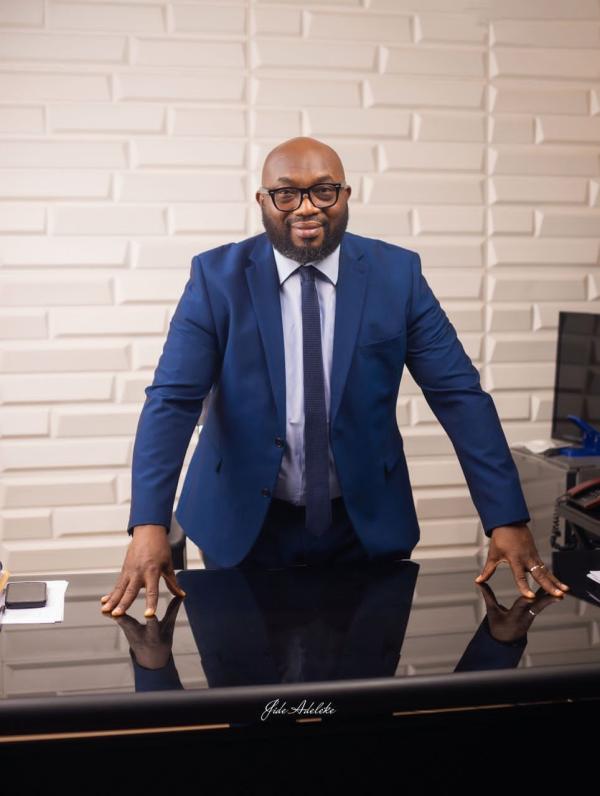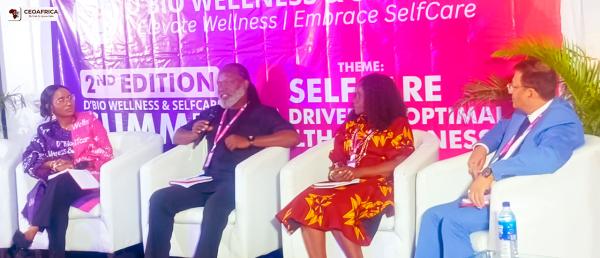
The Panel Session II of the D'Bio Wellness & Selfcare Summit, held on September 25, 2025, at the Lagos Chamber of Commerce & Industry (LCCI) Conference and Exhibition Centre in Alausa, Ikeja, brought to light the pressing connections between self-care, climate change, and health.
Moderated by Dr. (Mrs.) Adetutu Afolabi, the session featured an insightful discussion with panelists Prof. Mendie Udoma, Obianuju Nneamaka Chukwuemeka, and Mrs. Agharese Lucia Sagay.
Dr. Afolabi set the tone for the discussion by emphasizing the intrinsic link between environmental care and personal health. "Taking care of the environment is also very important to aid our health," she stated. "Today, we are connecting self-care to climate. The impact of climate change will affect us; our climate and environment are interwoven." She elaborated on how the recent heavy rainfall since the start of September could affect rest and overall well-being, underscoring that climate change is tied to mental health concerns and anxiety.
Prof. Mendie Udoma opened the floor by reflecting on the nature and our interaction with it. "You can't change nature; nature can change how we respond or react to things," he said. He further explained that while life presents a 95% assurance of predictability, individuals have only 5% control over how they respond to environmental changes.
This concept speaks to the importance of interconnectedness in communities. "One thing that kills self-care is hate," Prof. Udoma added, advocating for nurturing relationships with neighbors as a means to enhance communal health.
Mrs. Agharese Lucia Sagay contributed to the conversation by addressing the direct consequences of environmental negligence on health. "Climate change means the weather or climatic conditions are changing over time. How we care for ourselves impacts our community," she noted.
She warned against allowing waste to affect personal health, explaining, "If we put our waste into drainage, it will block and cause flooding—mosquitoes breed in still water, leading to illnesses like cholera when we walk through it." Sagay stressed the importance of loving one’s neighbor and caring for the community to enhance collective well-being.
Obianuju Nneamaka Chukwuemeka discussed the impact of climate change on food security, highlighting how flooding can lead to increased food prices and subsequently malnutrition. "In Nigeria today, we only eat what we can afford," she said, pointing out the prevalence of nutrient deficiencies.
"We need to stay hydrated and focus on eating whole grain meals to boost our health, especially during these times of climate change," she advised, underlining the significance of making health-conscious food choices amidst logistical challenges affecting food supply.
The session encouraged robust interaction, as participants took the opportunity to ask questions, seeking to deepen their understanding of the complex relationships between personal health, environmental factors, and community care.
As the panelists illuminated the crucial intersections of self-care and climate awareness, the discussions reinforced that promoting a healthy environment is as vital as personal well-being. The insights shared during this plenary session will undoubtedly contribute to the ongoing dialogue around holistic health and the importance of nurturing both individual and communal ecosystems for a healthier future.












